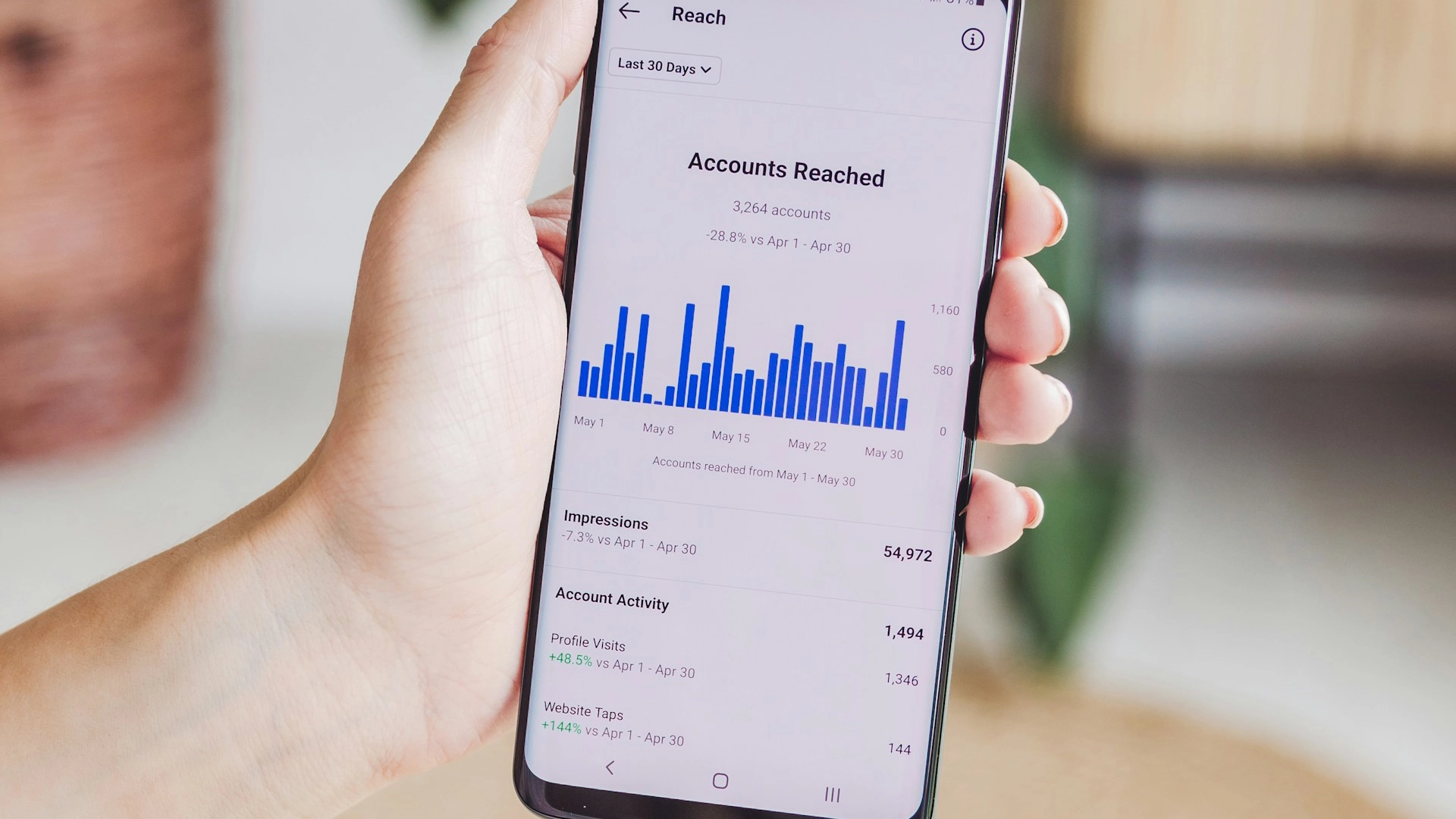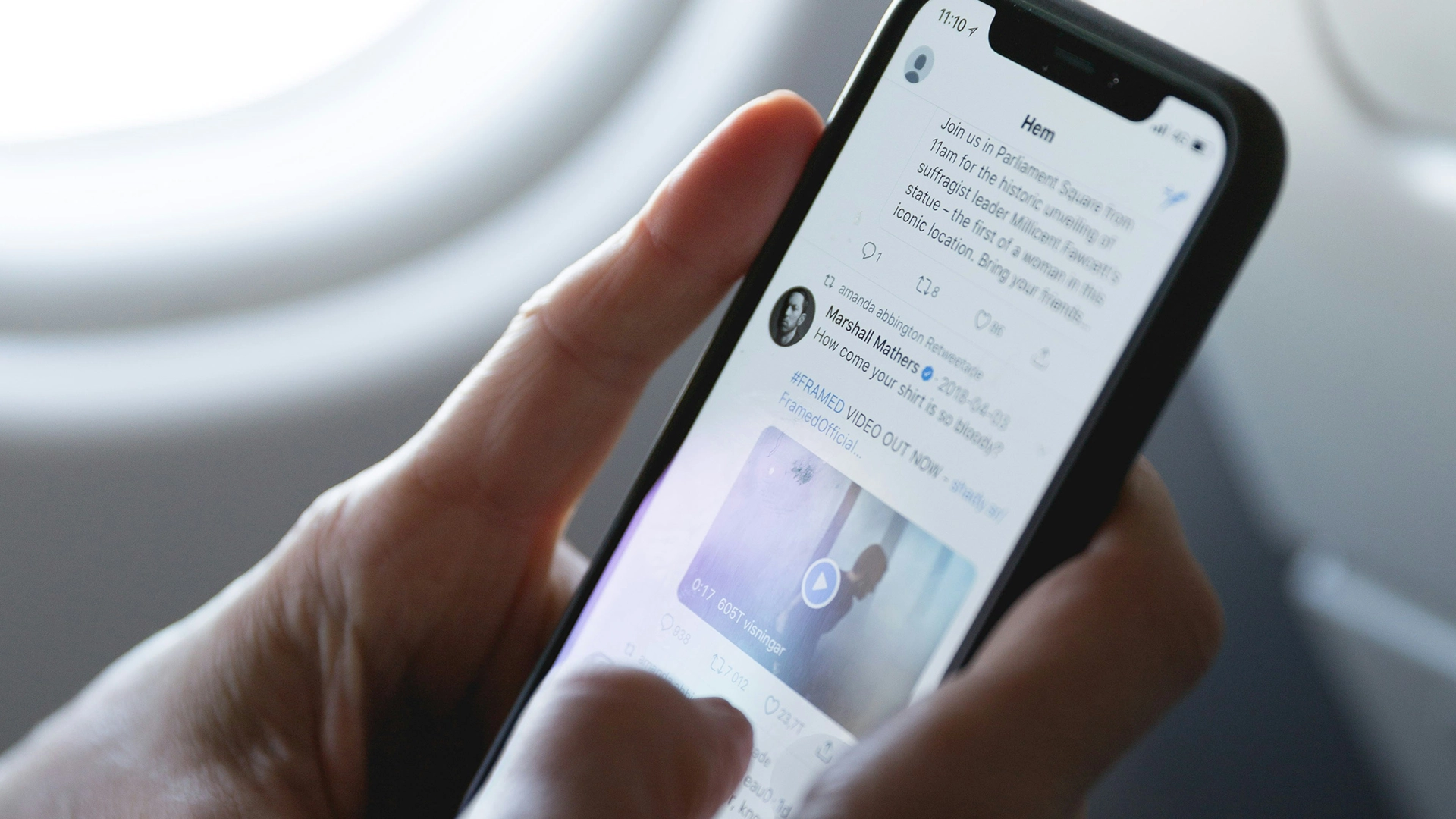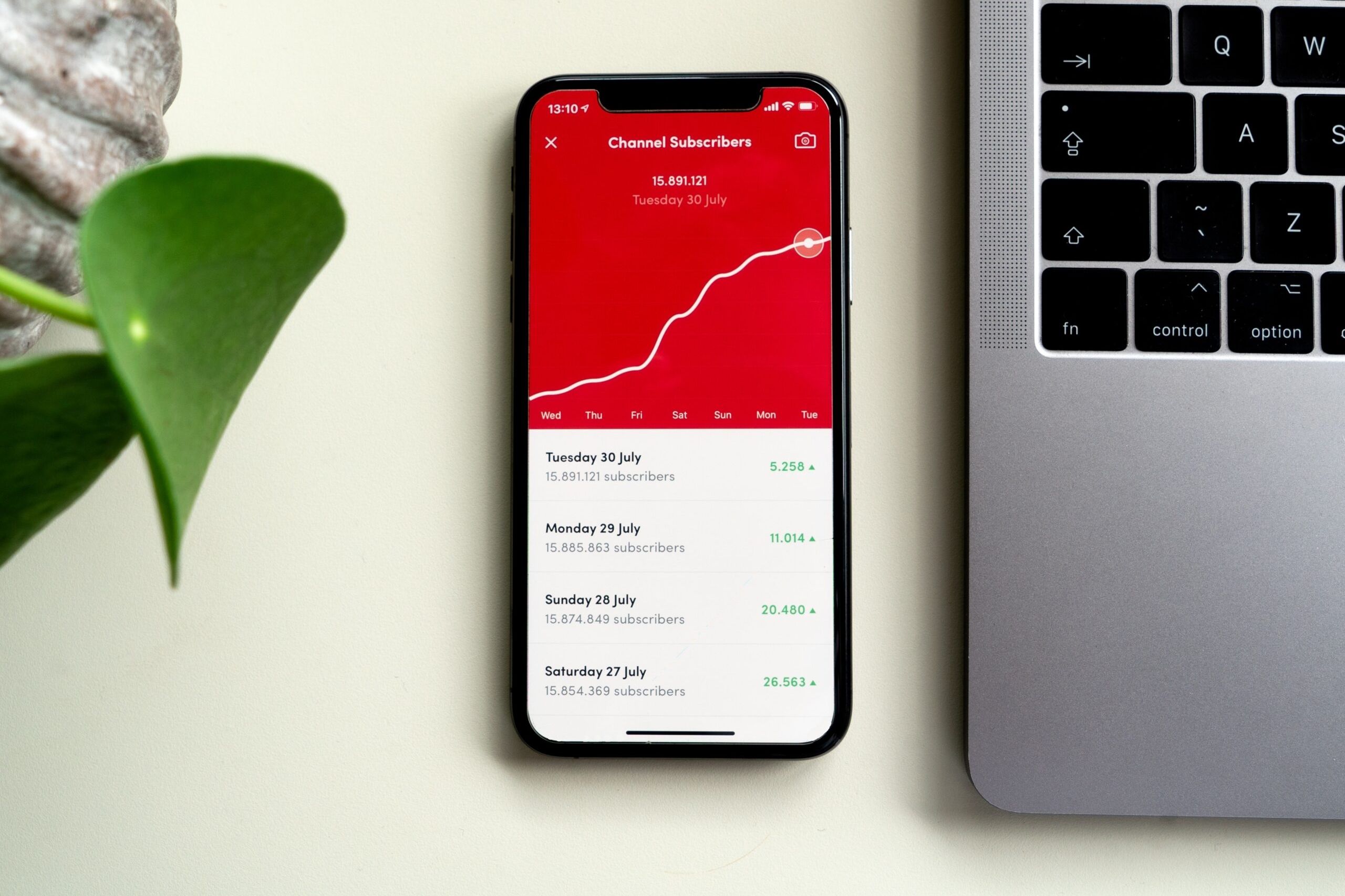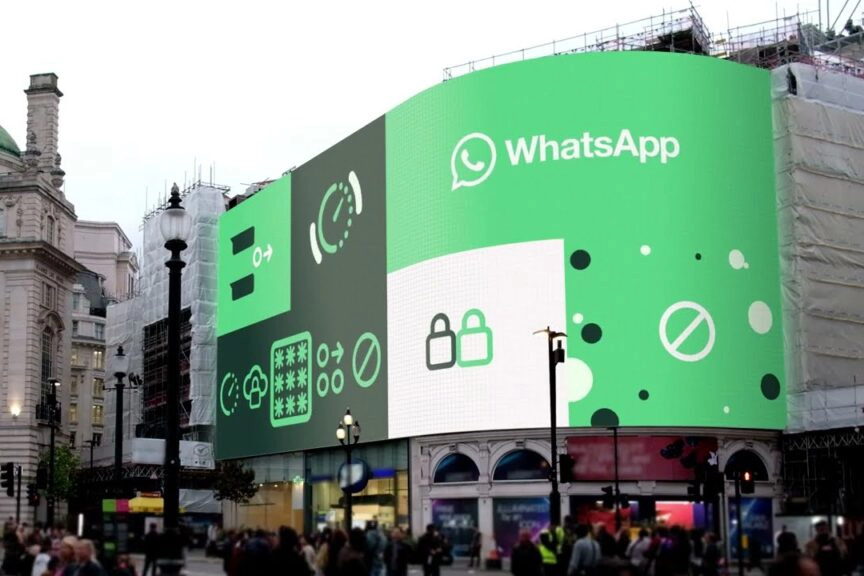How Social Media is Reshaping Modern Marketing
Still continuing to grow in popularity amongst consumers, social media has had a profound impact on modern marketing and the approach marketing leaders are taking. From small startups to multinational corporations, leveraging platforms like Instagram, Facebook, LinkedIn, TikTok, and Snapchat has become an essential need for reaching and engaging with audiences who now spend a considerable amount of time on social media sites.
62.3% of the world's population uses social media. The average daily usage is 2 hours and 23 minutes (January 2024). Smartinsights

5 Ways Social Media is Reshaping Marketing
Social media is changing the game in modern marketing and having a profound impact on the way organisations approach their marketing strategy:
1.Direct Interaction with Audiences
Social media enables brands to engage directly with their different audience segments in real-time, creating meaningful interactions, addressing customer inquiries and complaints, and building trusting relationships. Alongside this, comments, messages, and live chats enable businesses to gather feedback and address any concerns customers might have. This provides a more personalised customer interaction, enhancing brand loyalty and trust.
2.Targeted Advertising
Social media platforms offer highly accurate targeting options, allowing businesses to reach specific demographics, with particular interests, and behaviours with their advertising campaigns. This ensures maximum ROI across campaigns through targeting the right customers at the right time on their preferred platform. With advanced analytics and tracking capabilities now available to modern marketers, organisations can measure the effectiveness of their ads in real-time, allowing them to optimise targeting strategies, and maximise return on investment.
3.Content Creation and Storytelling
Social media enables brands to showcase their personality, values, and products/services through compelling visual and interactive content. Different platforms work well for different types of content, for example, promotional posts for products usually paid advertising would often gain higher engagement through platforms such as Instagram and TikTok. On the other hand posting content about team values, charity initiatives, business events and other team focused content gets higher engagement on LinkedIn and Twitter. From different media types such as photos, videos, live streams and Stories, businesses can leverage a variety of formats to captivate their target audiences, tell stories that resonate with their viewers, driving engagement and ultimately conversions for your brand.

4.Influencer Marketing
Social media influencers have emerged as immensely powerful endorsers for brands, capable of influencing purchasing decisions and shaping brand perceptions by aligning their audience and following to your brand or product. By partnering with different types of influencers whose followers align with their target audience, businesses can amplify their reach drastically while building credibility in the marketplace.
5. User-Generated Content
Social media encourages the use of user-generated content, where customers share their experiences through the use of reviews, and testimonials organically which resonates better with audiences due to it being more authentic and honest. By leveraging user-generated content, businesses can maximise their brand messaging impact and create a sense of community among their audience.
In 2022, over 4.59 billion people were using social media worldwide, a number projected to increase to almost six billion in 2027 - (statista.com)

Social Media Platforms Changing the Game and What This Means for Marketers
Instagram is a visually-driven social media platform that focuses on photo and video sharing across its entire site in various different forms. With various different visual media and features like Stories, Reels, and IGTV, Instagram offers social media marketers the opportunity to engage with a wide range of diverse audiences through visually appealing content often consumed on smart phones and other mobile devices. Instagram’s shopping feature also allows brands to connect their website to the platform in order to sell their products directly through the site without users having to leave.
Social media marketers can leverage Instagram’s various advertising options to promote their brand, products, or services effectively to different audiences to ensure maximum ROI and reach. Whether through sponsored posts, influencer partnerships, or interactive content, Instagram can be a useful tool for marketers, which enables them to connect with their target audience and drive engagement.
As one of the most comprehensive social networking platforms, Facebook offers marketers a vast range of different advertising options to reach their desired demographics. With targeted ads, sponsored posts, and Facebook Groups, marketers can effectively engage with specific audience segments. Facebook’s extensive analytics tools provide valuable insights into campaign performance, enabling marketers to optimise and adapt their strategies for better results each time. Facebook’s vast user base, prominence in the market and diverse content formats make it an essential platform for marketers looking to expand their reach and build brand awareness across social media users in their target segments.
TikTok
TikTok, known for its short-form video content, has quickly become a popular platform for marketers aiming to connect with a younger audience. Although in recent years TikTok has seen a dramatic increase in users of all ages as the platform becomes more widely adopted. With its engaging features like challenges, influencer partnerships, in-feed ads and shopping features. TikTok offers marketers the opportunity to create viral campaigns and drive brand engagement. TikTok shop has also become more widely utilised with brands being able to sell their products directly through TikTok, improving reach and putting products front of mind and accessible to users.
The platform’s intuitive content and discovery mechanism ensures that marketers’ and advertisers content reaches the right audiences based on a variety of different factors and targeting metrics. Often, if done correctly can lead to increased brand visibility and user engagement across all content across the platform. By leveraging TikTok’s creative tools and trends, marketers can create iterative campaigns that resonate with their target demographic and promote brand awareness.

LinkedIn stands out as the number one professional networking platform unlike any other platform on the market, providing marketers with an opportunity to connect with business professionals and decision-makers. Through targeted advertising across LinkedIn, sponsored content, and thought leadership articles published by your company or individuals inside your organisation, marketers can showcase their brand and expertise to a highly engaged audience and establish trust in the market place while also being more visible to potential customers. LinkedIn’s r intelligent targeting options enable marketers to reach specific industries, job titles, and company sizes to suit their desired goals, making it the perfect platform for B2B marketing. By establishing a strong presence on LinkedIn across your business profile and staff profiles, marketers can generate leads, build relationships, and drive business growth within the professional community.
Snapchat
Snapchat is a multimedia messaging app, offering marketers the chance to reach a younger demographic through creative and interactive visual content which is most popular amongst a younger audience. With features like AR lenses, sponsored filters, and brand focused stories, marketers can engage users in immersive brand experiences and drive engagement across the platform. This content is often highly shareable and can be added to individual Snapchat profiles and stories and be utilised for user generated content to promote your brand. Snapchat’s encourages users to make real-time interactions and help brands create a sense of urgency among potential customers, making it an effective platform for driving engagement and brand recall. The additional use of Snapchat’s playful and interactive elements such as filters, badges and lenses, marketers can create memorable campaigns that resonate with their intended audience and drive business outcomes.
Frequently Asked Questions
Social media has become an essential part of modern marketing strategies providing businesses with powerful tools to engage with their target audience on the go and at any time, build brand awareness, and driving conversions. Platforms like Facebook, Instagram, Twitter, TikTok, SnapChat and LinkedIn offer opportunities for businesses to connect with consumers in real-time.
Integrating social media into a marketing strategy offers numerous benefits to businesses l, including increased brand visibility across online channels, enhanced customer engagement opportunities and access to valuable consumer insights. Social media platforms provide a cost-effective means for brands to reach a wider audience and target specific consumers with tailored messaging.
Businesses can leverage social media to drive customer engagement and brand loyalty by creating compelling content, and making genuine interactions with customers on social media. By actively engaging with followers on social media, responding to comments, and sharing user-generated content that resonates with your target audience, businesses can cultivate loyal communities of followers.
The effectiveness of social media marketing activities across different platforms depends on factors such as target audience demographics, industry vertical/sector, and marketing objectives to ensure you choose the right channel for your needs. While platforms like Facebook and Instagram are widely used for brand promotion and visual storytelling, LinkedIn may be more suitable for B2B lead generation and professional networking.
Businesses can measure the success of their social media marketing campaigns and activity through various analytical tools available on each platform. Metrics including engagement rate, reach, impressions, click-through rate (CTR), conversion rate, and return on investment (ROI) can all be tracked through each social media platform. Social media analytics tools, such as Facebook Insights and Google Analytics, provide valuable insights into audience behavior, content performance, and campaign success.
More interesting content...
Like this story? Share it on your social media...
For more of the latest content, why not subscribe to our mailing list...






